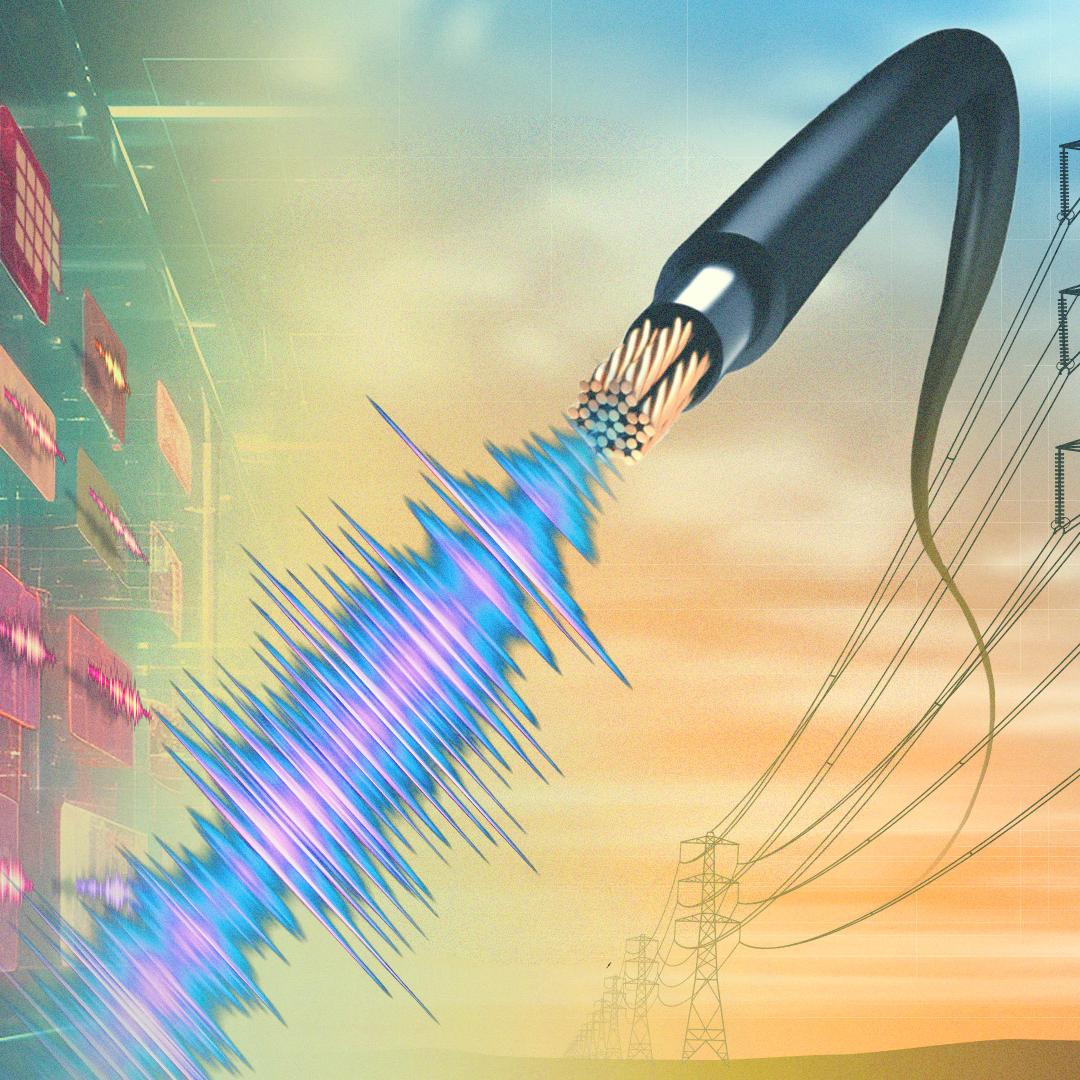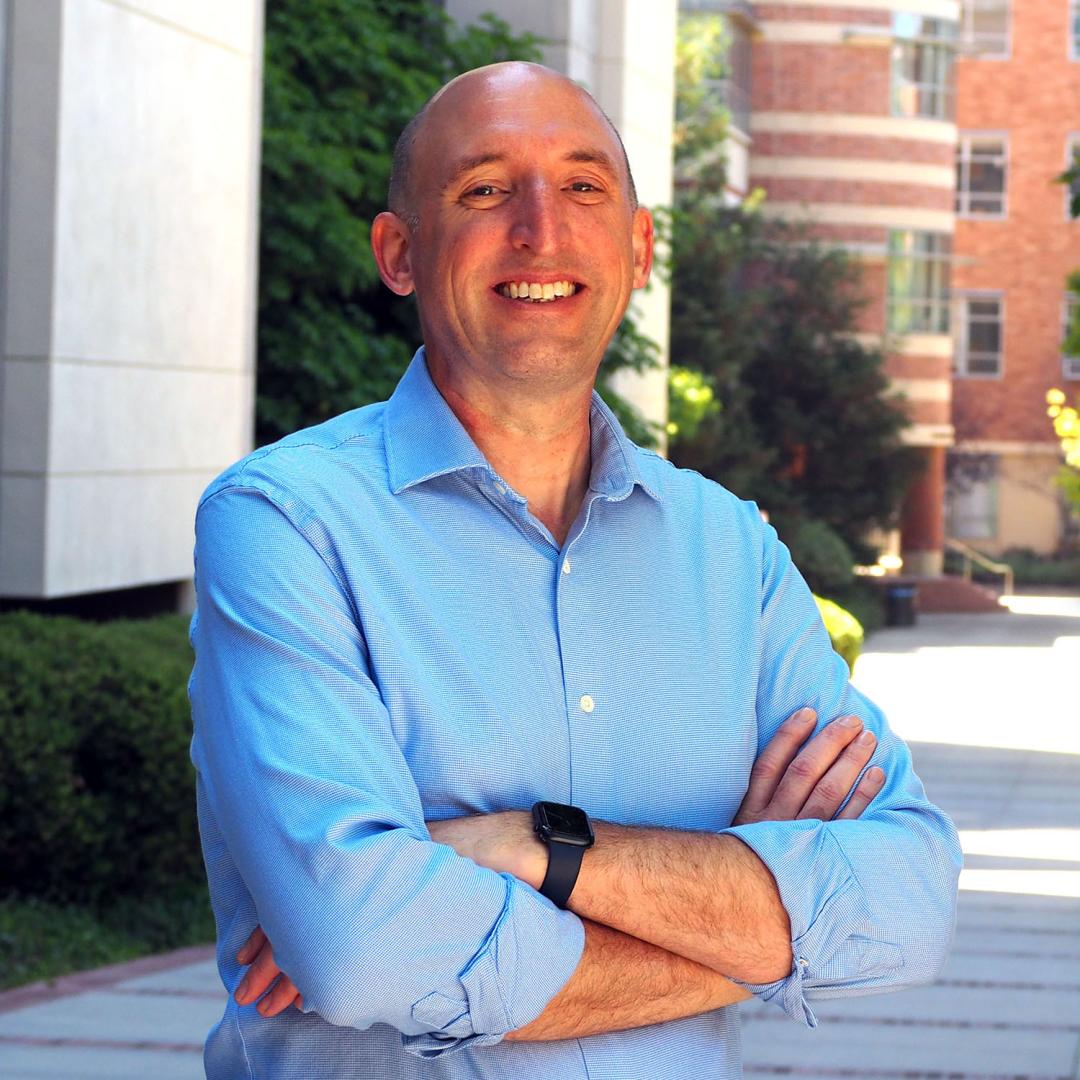
Filter News
Area of Research
- Advanced Manufacturing (7)
- Biology and Environment (22)
- Building Technologies (1)
- Clean Energy (65)
- Climate and Environmental Systems (2)
- Computational Biology (1)
- Computational Engineering (3)
- Computer Science (14)
- Fusion and Fission (13)
- Fusion Energy (8)
- Isotope Development and Production (1)
- Isotopes (4)
- Materials (91)
- Materials Characterization (1)
- Materials for Computing (13)
- Materials Under Extremes (1)
- Mathematics (1)
- National Security (18)
- Neutron Science (69)
- Nuclear Science and Technology (13)
- Quantum information Science (4)
- Sensors and Controls (1)
- Supercomputing (70)
- Transportation Systems (2)
News Type
News Topics
- (-) Artificial Intelligence (42)
- (-) Biomedical (28)
- (-) Computer Science (97)
- (-) Decarbonization (27)
- (-) Fusion (23)
- (-) Materials Science (83)
- (-) Mercury (5)
- (-) Neutron Science (76)
- (-) Physics (28)
- (-) Quantum Computing (13)
- (-) Security (12)
- (-) Space Exploration (13)
- 3-D Printing/Advanced Manufacturing (74)
- Advanced Reactors (23)
- Big Data (24)
- Bioenergy (39)
- Biology (39)
- Biotechnology (10)
- Buildings (31)
- Chemical Sciences (38)
- Clean Water (14)
- Climate Change (43)
- Composites (18)
- Coronavirus (28)
- Critical Materials (23)
- Cybersecurity (20)
- Education (3)
- Element Discovery (1)
- Energy Storage (72)
- Environment (77)
- Exascale Computing (10)
- Fossil Energy (2)
- Frontier (15)
- Grid (36)
- High-Performance Computing (37)
- Hydropower (6)
- Irradiation (2)
- Isotopes (23)
- ITER (5)
- Machine Learning (24)
- Materials (92)
- Mathematics (2)
- Microelectronics (1)
- Microscopy (27)
- Molten Salt (7)
- Nanotechnology (38)
- National Security (21)
- Net Zero (5)
- Nuclear Energy (45)
- Partnerships (28)
- Polymers (21)
- Quantum Science (36)
- Renewable Energy (1)
- Simulation (15)
- Statistics (2)
- Summit (26)
- Sustainable Energy (75)
- Transformational Challenge Reactor (4)
- Transportation (60)
Media Contacts
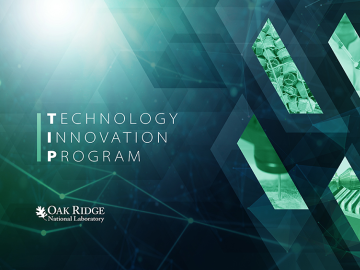
Scientist-inventors from ORNL will present seven new technologies during the Technology Innovation Showcase on Friday, July 14, from 8 a.m.–4 p.m. at the Joint Institute for Computational Sciences on ORNL’s campus.
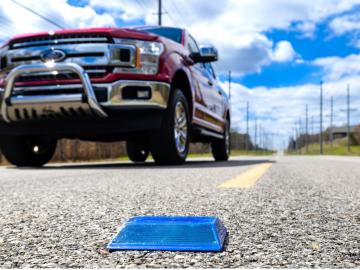
Working with Western Michigan University and other partners, ORNL engineers are placing low-powered sensors in the reflective raised pavement markers that are already used to help drivers identify lanes. Microchips inside the markers transmit information to passing cars about the road shape to help autonomous driving features function even when vehicle cameras or remote laser sensing, called LiDAR, are unreliable because of fog, snow, glare or other obstructions.
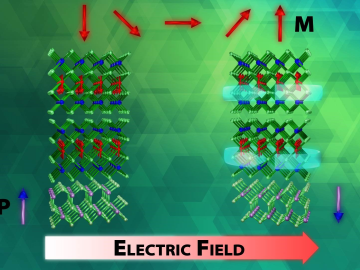
An advance in a topological insulator material — whose interior behaves like an electrical insulator but whose surface behaves like a conductor — could revolutionize the fields of next-generation electronics and quantum computing, according to scientists at ORNL.
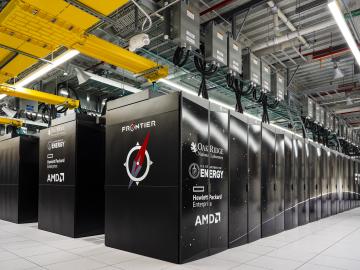
Innovations in artificial intelligence are rapidly shaping our world, from virtual assistants and chatbots to self-driving cars and automated manufacturing.
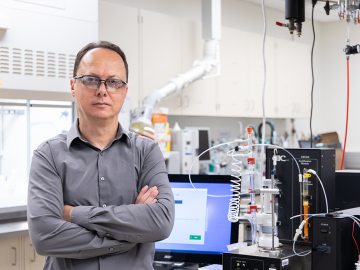
An innovative and sustainable chemistry developed at ORNL for capturing carbon dioxide has been licensed to Holocene, a Knoxville-based startup focused on designing and building plants that remove carbon dioxide
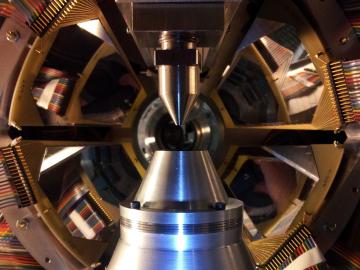
Led by Kelly Chipps of ORNL, scientists working in the lab have produced a signature nuclear reaction that occurs on the surface of a neutron star gobbling mass from a companion star. Their achievement improves understanding of stellar processes generating diverse nuclear isotopes.
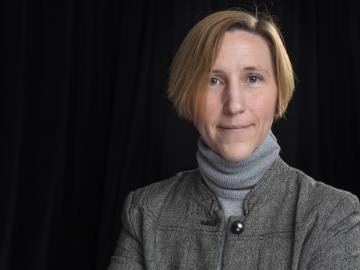
Kelly Chipps, a nuclear astrophysicist at ORNL, has been appointed to the Nuclear Science Advisory Committee, or NSAC. The committee provides official advice to DOE and the National Science Foundation, or NSF, about issues relating to the national program for basic nuclear science research.
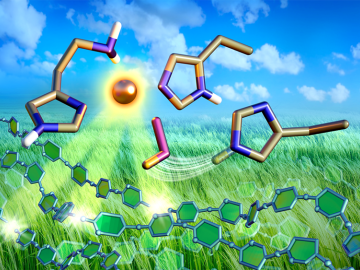
Nonfood, plant-based biofuels have potential as a green alternative to fossil fuels, but the enzymes required for production are too inefficient and costly to produce. However, new research is shining a light on enzymes from fungi that could make biofuels economically viable.
Oak Ridge National Laboratory scientists led the development of a supply chain model revealing the optimal places to site farms, biorefineries, pipelines and other infrastructure for sustainable aviation fuel production.
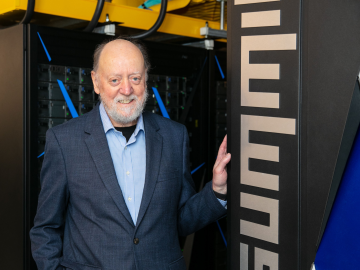
Computing pioneer Jack Dongarra has been elected to the National Academy of Sciences in recognition of his distinguished and continuing achievements in original research.


